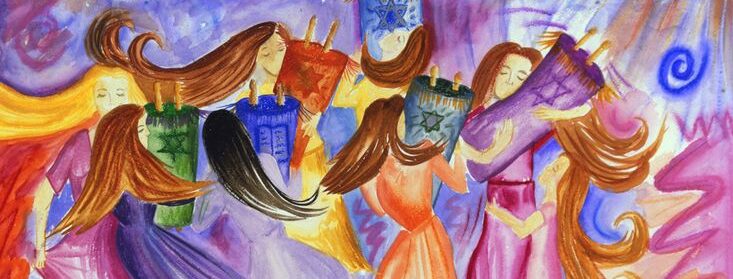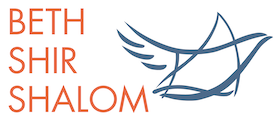
The book of Leviticus, or Vaykira in Hebrew, is all about sacrifice. God instructs Moses about sacrifices that can be offered in the sanctuary to ask for forgiveness for mistakes and sins.
As I first read my portion, it was so boring. I didn’t understand how these sacrifices were supposed to make up for mistakes and sins. There was a burnt offering and a sin offering and penalty offering and none of it seemed to relate to my understanding of forgiveness or atonement. As I read through my portion I realized that maybe it was relevant in a different way then I had thought and that there was a more modern way to interpret this.
Even though we don’t sacrifice animals today or kill them to practice our religion, the ideas behind these rituals are surprisingly relevant. In Judaism, after the Temple in Jerusalem was destroyed in 70 CE, the rabbis substituted prayer for sacrifice, and we continue to say prayers for gratitude, well being, and forgiveness today. Vayikra as a whole is more relevant than I would have anticipated when I first read my Bat Mitzvah portion.
Dr. Tamara Eskenazi, a local Los Angeles scholar teaches that “Vayikra is an optimistic book. It assumes the world is a well-integrated ecosystem that comes with a troubleshooting guide for when things go wrong. Vayikra doesn’t blame people for things going wrong, it offers a toolkit to restore the ecosystem.”
As a dancer, I make mistakes constantly – we all do. It’s part of learning combinations and routines. Mistakes help you learn and grow as a person. In dance, there is a system to fixing what goes wrong. I take the time to think about where I made a mistake and what I can do to fix it the next time. My teacher is watching to see where I may have struggled to give me some tips for improving upon it. I then try to incorporate the feedback and practice the part where I messed up a few times with her tips. Dancing is a process – just like life. It doesn’t fault the dancer for making mistakes but views them as a natural path to growth and improvement.
Though we no longer restore our broken ecosystems with animal sacrifice, prayer can be used to reflect on mistakes and meditate on forgiveness. As a human being, like all of us, I definitely make mistakes, and when we do we have two choices.
We can ignore our mistakes and sins or we can spend time perhaps in prayer reflecting on them so we can correct them in the future and become a better version of ourselves.
As I become a Bat Mitzvah, I take comfort in the fact that everyone in the Torah – including God! – is imperfect. They all have flaws and make mistakes but it helps them learn and become a better person. As a society, we still judge people for making mistakes and jump to find all the negatives. But mistakes are a great way to learn and in many ways a positive part of life – this is what I’m taking from the ideas in my Torah Portion Vayikra. When I make a mistake in life or do something I shouldn’t, I recognize that this is part of the process.
Just like learning a new combination in dance, making mistakes helps you grow and having a system in place to help us grow and learn from our mistakes is a healthy, positive part of life. Mistakes shouldn’t be judged, they should be looked at as a way to grow, learn, and improve as a human being.
So the next time you make a mistake, I hope instead of getting frustrated or beating yourself up about it, you see it as a moment of growth to learn from and share your experience with others so they can learn and grow too.
Shabbat Shalom!
